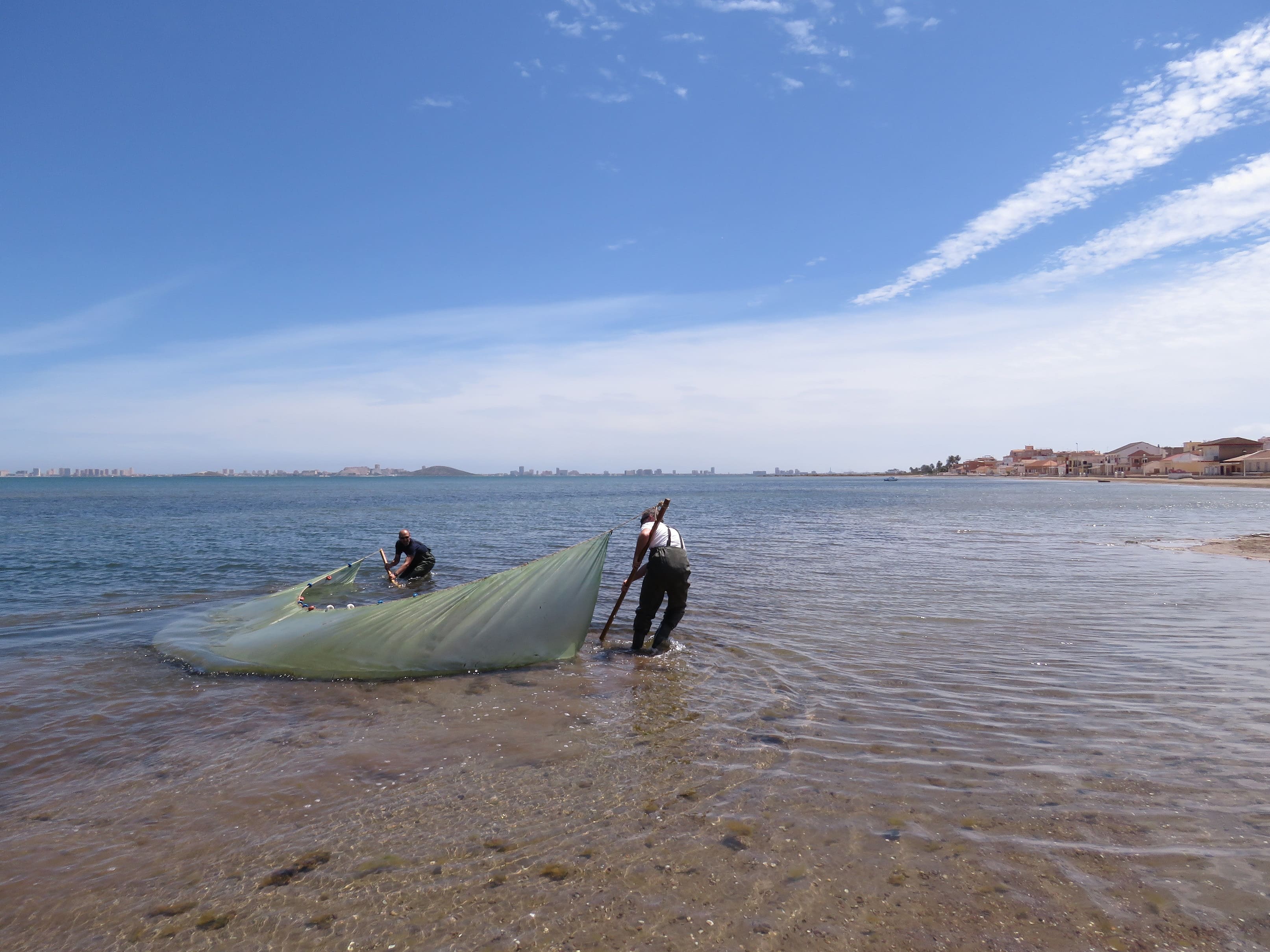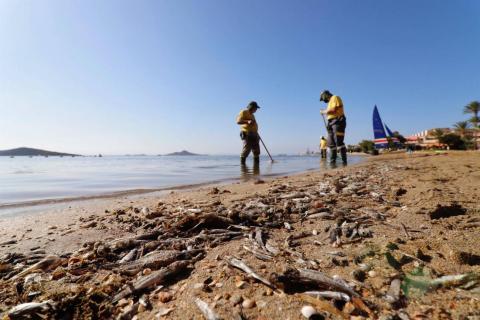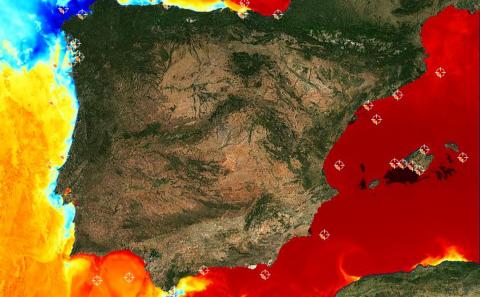Reactions to the recognition of the Mar Menor lagoon as a legal personality
The Plenary of the Senate has approved this afternoon the Proposition of Law for the recognition of legal personality to the Mar Menor lagoon and its basin. The law, which was approved in Congress last July, comes from a Popular Legislative Initiative signed by more than 600,000 people.

Olga Álvarez - Mar Menor EN
Olga Álvarez García
Lawyer specialising in environmental cases
I think it is exceptional to give rights to a natural entity, but it is also exceptional the moment we are living in, the environmental degradation we have been inflicting on our natural resources for years. It is also a historic moment if we take into account what science is warning us about the harmful effects of continuing on the path we are on.
That is why it is essential to seek imaginative solutions to the collective laziness and selfishness of allowing the progressive spoliation and pollution of natural spaces, which are a value that belong to all people, to all living beings.
I applaud the fact that society has been able, through collaborative work, to move forward with the protection of an ecosystem that we were suffocating, and I hope that it will give us time to reverse the damage caused. It is a lesson in what people can build together.
Conflicto de intereses: “Pertenezco a varias asociaciones ecologistas, colaboro con otras muchas más y milito en un partido político que votó a favor de la protección del Mar Menor”.
Antonio Ruiz Salgado - Mar Menor EN
Antonio Ruiz Salgado
Lawyer, legal consultant and doctor of law specialising in administrative and environmental law
The final approval by the Senate of the Popular Legislative Initiative (ILP) to grant legal personality to the Mar Menor is a major milestone in nature conservation in Spain. It is also a clear warning of the ineffectiveness of the abundant regulations on the protection of natural resources and a warning of the insufficient, if not non-existent, administrative action of the different administrations that have jurisdiction over the Mar Menor.
From a social point of view, the efforts that have been made to ensure that a popular legislative initiative has been able to reach the Bureau of the Congress, and also to obtain a majority for its approval in the Congress and in the Senate, are moving. From 198 to 2019, 107 ILPs were presented and only one was approved without amendments [1]. The success in collecting signatures in a context of pandemic shows that citizens have seen in this proposal a necessary way to draw the attention of decision-makers to the successive events of severe degradation of the Mar Menor and its ecological collapse.
Legislative calls for the sustainable use of resources and the compatibility of economic activities and ecosystems or the protection of the different protected areas (Ramsar Wetlands, Natura 2000 Network, Specially Protected Area of Mediterranean Importance, etc.) have been insufficient. Hence, perhaps, the need to propose a new approach such as the "rights of nature" when the usual ones, based on anthropocentrism, are not proving useful in the face of the rapid global change we are experiencing.
From a strictly legal point of view, it is necessary to wait for this new law to be implemented in order to assess the opportunities and collisions that it will bring about in the legal system. Immediately, the extended legitimation that allows popular action (Article 6) or the new bodies for participation and consultation (Article 3) will be useful. The other provisions, let us call them operational, on the obligations of the Public Administrations (Article 7) and others which could be redundant but which converge in the identification of responsibilities (Articles 4 and 5), require greater detail.
Apart from the above, it is really Articles 1 and 2 which are disruptive to the current regulatory system because they declare the legal personality of the Mar Menor lagoon and its basin (Article 1) and specify the content of these rights. If the rest of the articles can be perfectly assimilated to the usual regulatory technique, it is these two articles that modify the narrative of the basis of legal norms and break with the paradigm of sustainability and rational use of natural resources.
[1] https://civio.es/2019/05/30/iniciativas-legislativas-populares/ (last accessed 21/09/2022 17:28)



